With spring just around the corner, many of us are excitedly preparing our gardens for fresh plants and flowers. However, it’s important to be aware that while your backyard may be a fun oasis for your four-legged friends, there are certain species of plants that can be toxic to pets. It’s crucial to prioritize the safety of your furry companions and take precautions to ensure they are not exposed to these harmful plants. In this article, we will explore some of the most common plants that are toxic to pets and the potential dangers they pose.
1. Lilies
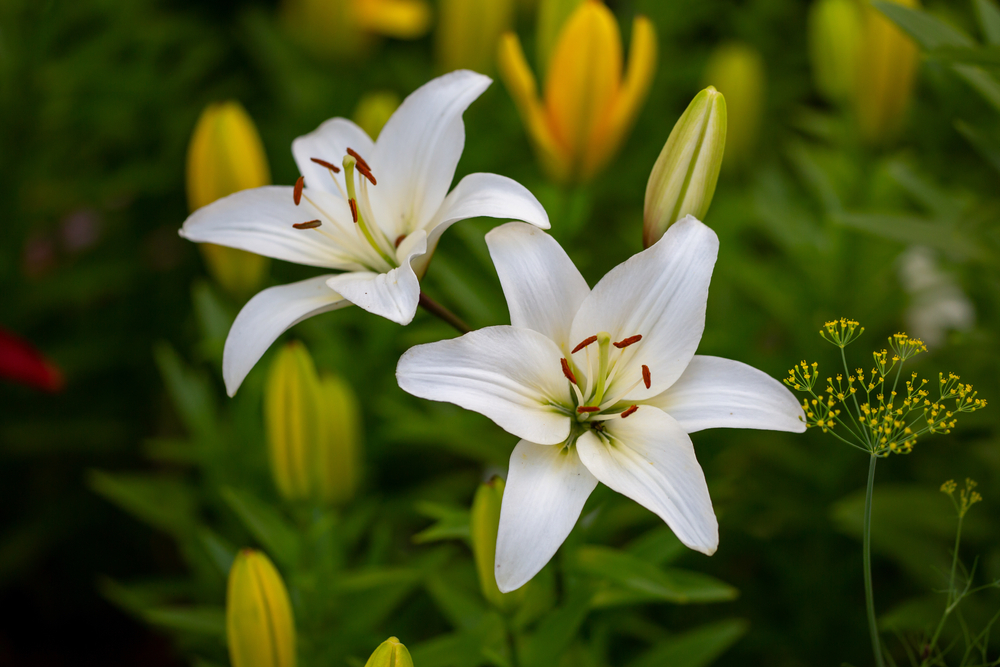
- Scientific Name: Lilium spp.
- Additional Names: Daylily, Easter lily, Japanese show lily, Oriental lily, Rubrum lily, Stargazer lily, Tiger lily, Wood lily
Lilies are undoubtedly beautiful and popular spring flowers, both for planting in gardens and as indoor decorations. However, it’s important to note that most species of lilies are extremely toxic to pets, particularly cats. Even a small amount of lily ingestion can be fatal for feline companions. Ingesting any part of the plant, including the petals, leaves, or even the pollen, can result in severe kidney damage and potentially lead to kidney failure. It’s crucial to keep lilies out of your pet’s reach and opt for pet-friendly alternatives instead.
2. Cyclamen
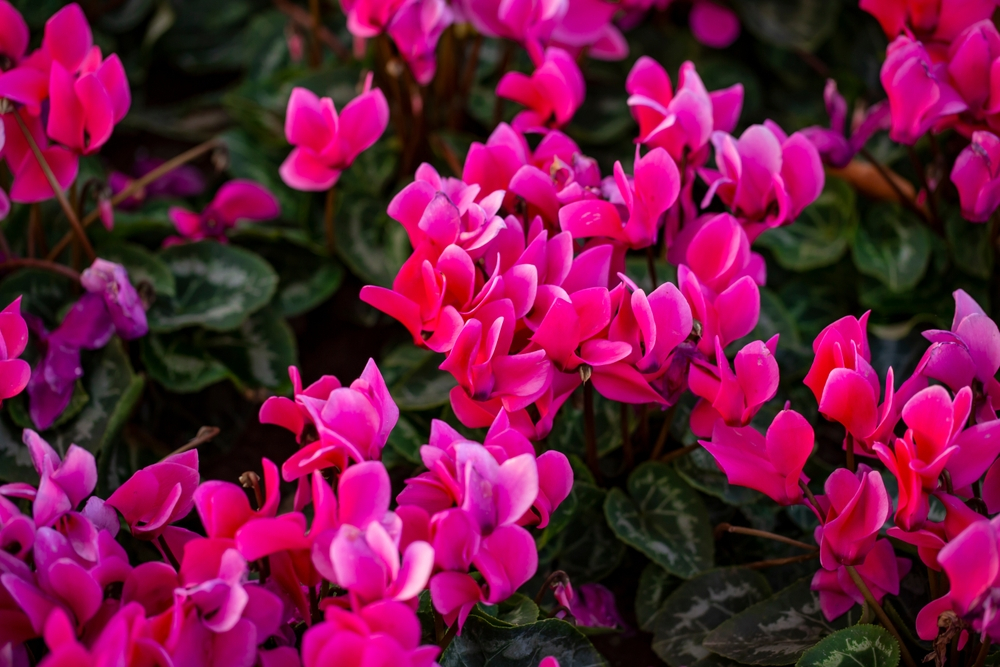
- Scientific Name: Cyclamen spp.
- Additional Name: Sowbread
Cyclamen is a genus of perennial flowering plants known for their sweet scent. However, these plants contain terpenoid saponins, which can be harmful to pets. Ingesting cyclamen can lead to various symptoms, including salivation, vomiting, diarrhea, and in more severe cases, heart rhythm abnormalities, seizures, and even death. It’s essential to keep cyclamen plants away from your furry friends and consider alternative non-toxic plants for your garden or home.
3. Poison Hemlock
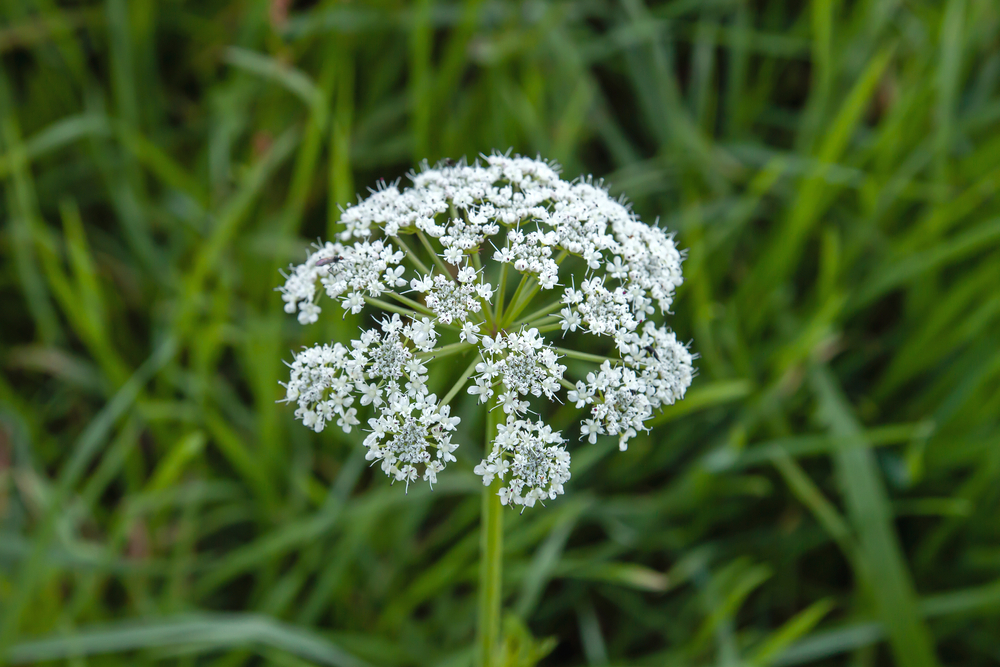
- Scientific Name: Conium maculatum
- Additional Names: Poison Parsley, Spotted Hemlock, Winter Fern, California Fern, Nebraska Fern, Deadly Hemlock
Poison Hemlock should not be confused with the hemlock tree. This plant contains various alkaloids that are toxic to cats and dogs. Ingesting poison hemlock can result in symptoms such as agitation, tremors, drooling, diarrhea, paralysis, and even death. It’s crucial to identify and remove these plants from your surroundings to prevent any accidental ingestion by your pets.
4. Branching Ivy
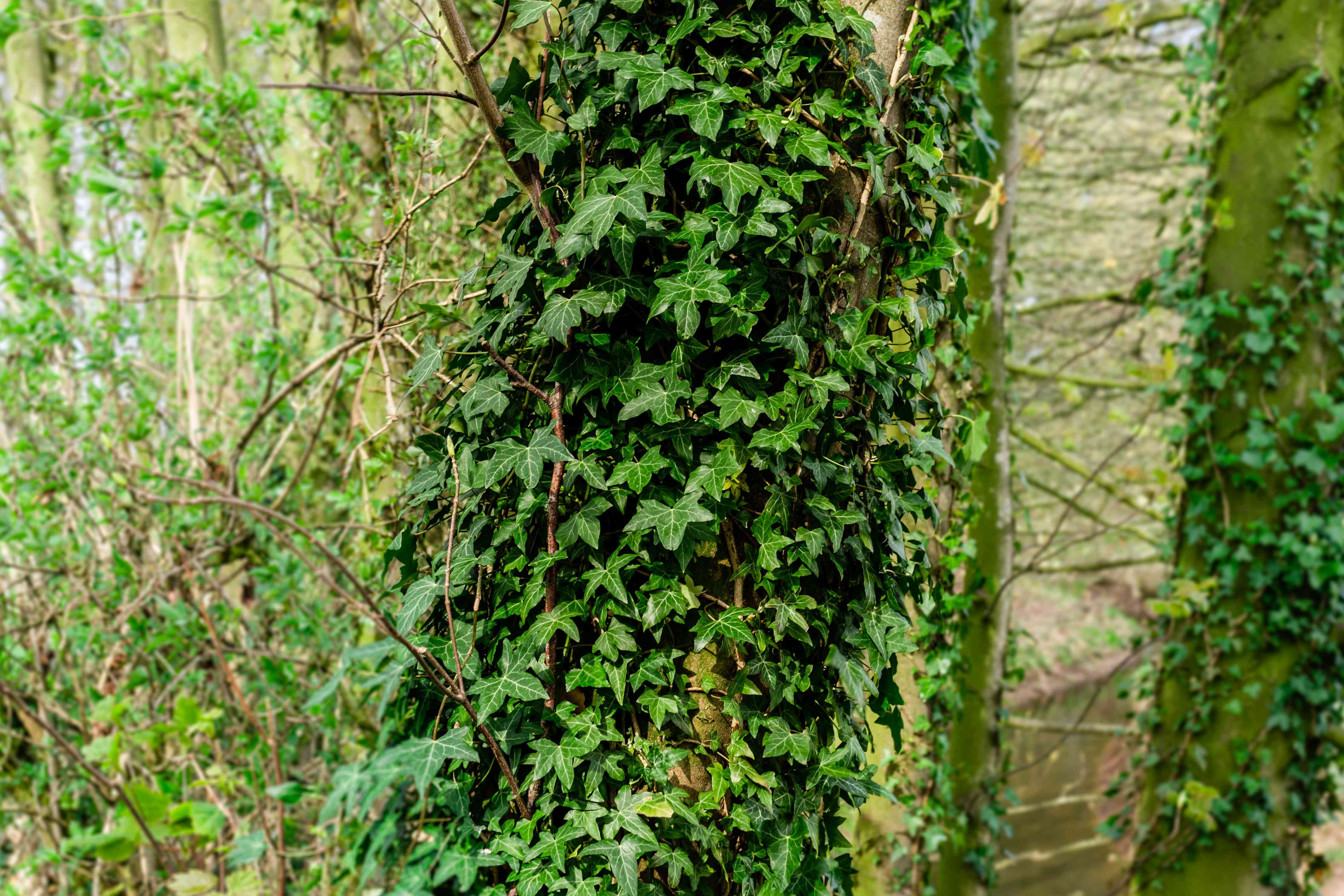
- Scientific Name: Hedera helix
- Additional Names: English Ivy, Glacier Ivy, Needlepoint Ivy, Sweetheart Ivy, California Ivy
Branching Ivy, also commonly known as English Ivy, is a popular plant known for its trailing vines and lush foliage. However, it’s important to be aware that this plant can be toxic to pets. If ingested, branching ivy can cause vomiting, abdominal pain, hypersalivation, and diarrhea in pets. It’s crucial to ensure that your furry companions do not have access to these plants and consider pet-safe alternatives for your garden or home.
5. Oleander
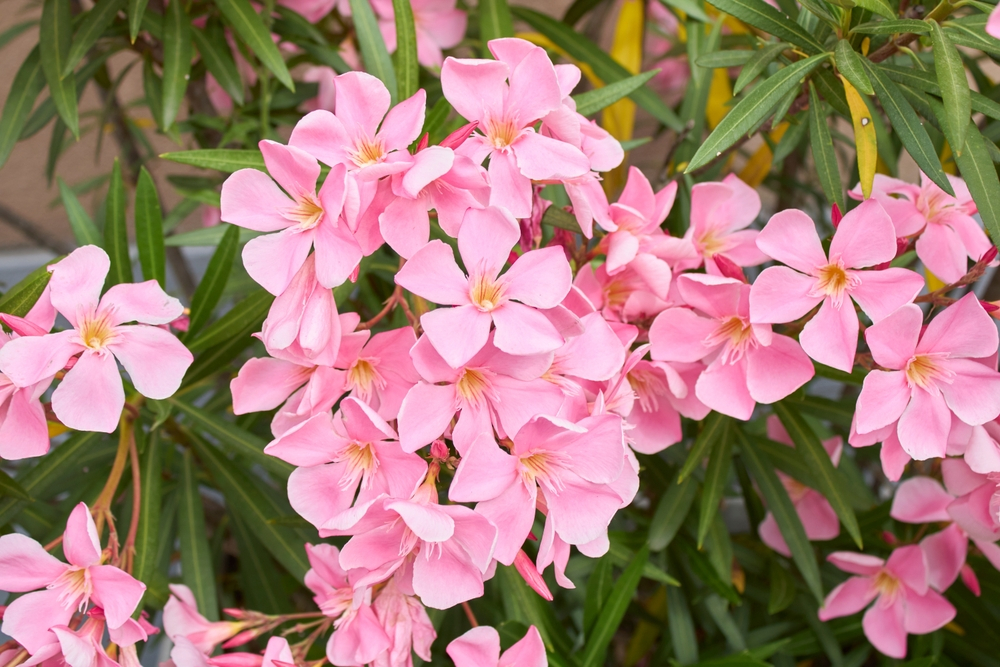
- Scientific Name: Nerium oleander
- Additional Name: Rose-Bay
Oleander is a popular plant belonging to the Apocynaceae family. While its vibrant flowers may be visually appealing, it’s essential to remember that this plant contains toxic cardiac glycosides. Ingesting oleander can lead to symptoms such as drooling, abdominal pain, diarrhea, colic, depression, and even death in pets. It’s vital to keep these plants out of your pet’s reach and opt for safer alternatives for your garden.
6. Jimsonweed
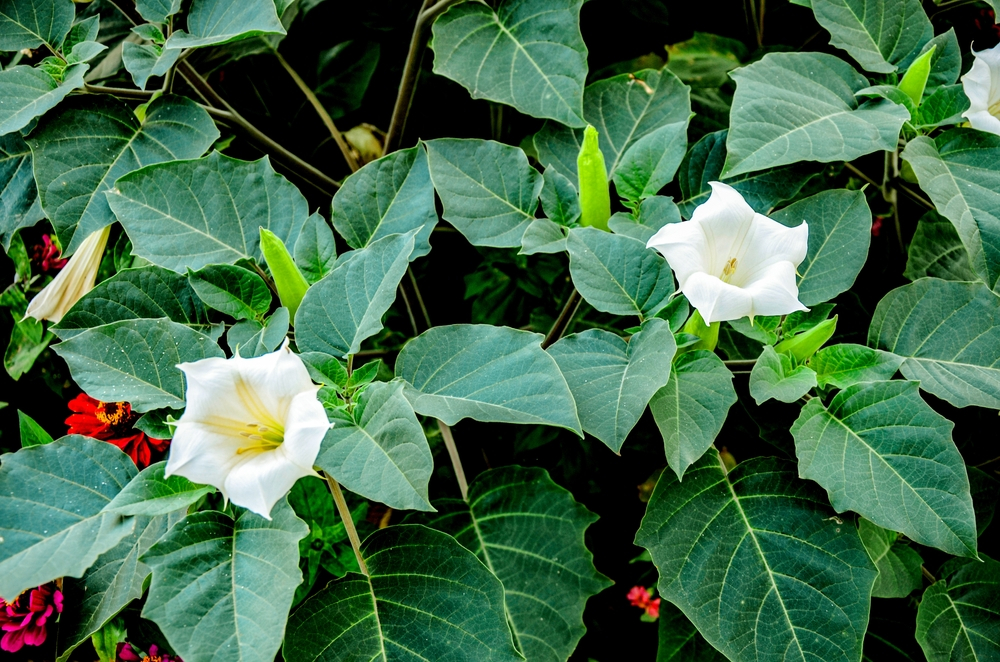
- Scientific Name: Datura stramonium
- Additional Common Names: Devil’s Trumpet, thorn apple, Indian apple, black datura, tolguacha, Jamestown weed
Jimsonweed, also known by various other names, is a highly toxic plant for pets. All parts of this plant, including the leaves, flowers, seeds, and stems, contain tropane alkaloids that can be extremely harmful when ingested. Symptoms of jimsonweed poisoning in pets may include dilated pupils, light sensitivity, restlessness, anxiousness, dryness of the mouth, constipation, increased heart rate and breathing, walking unsteadily, and respiratory failure. It’s crucial to identify and remove jimsonweed plants from your surroundings to ensure the safety of your furry companions.
7. Tulips
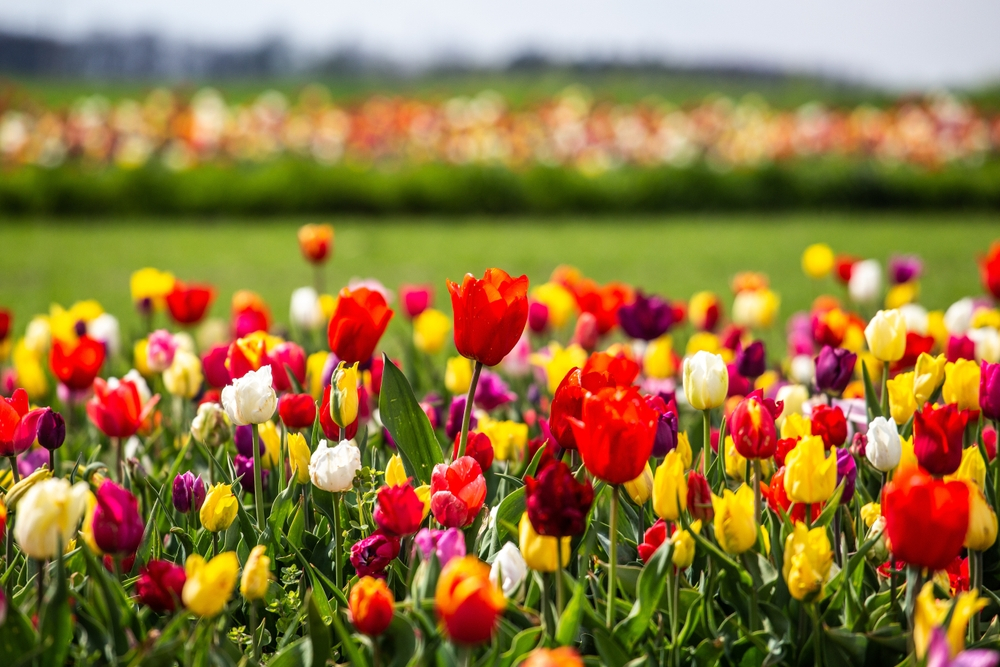
- Scientific Name: Tulipa spp.
Tulips are undoubtedly one of the most popular spring flowers, appreciated for their vibrant colors and elegant appearance. However, it’s important to note that tulips are toxic to pets, with the highest concentration of toxins found in the bulbs. Ingesting tulips can result in symptoms such as vomiting, depression, diarrhea, and hypersalivation in pets. It’s crucial to keep tulips and other plants belonging to the Liliaceae family out of your pet’s reach and consider safer alternatives for your garden.
8. Sago Palm
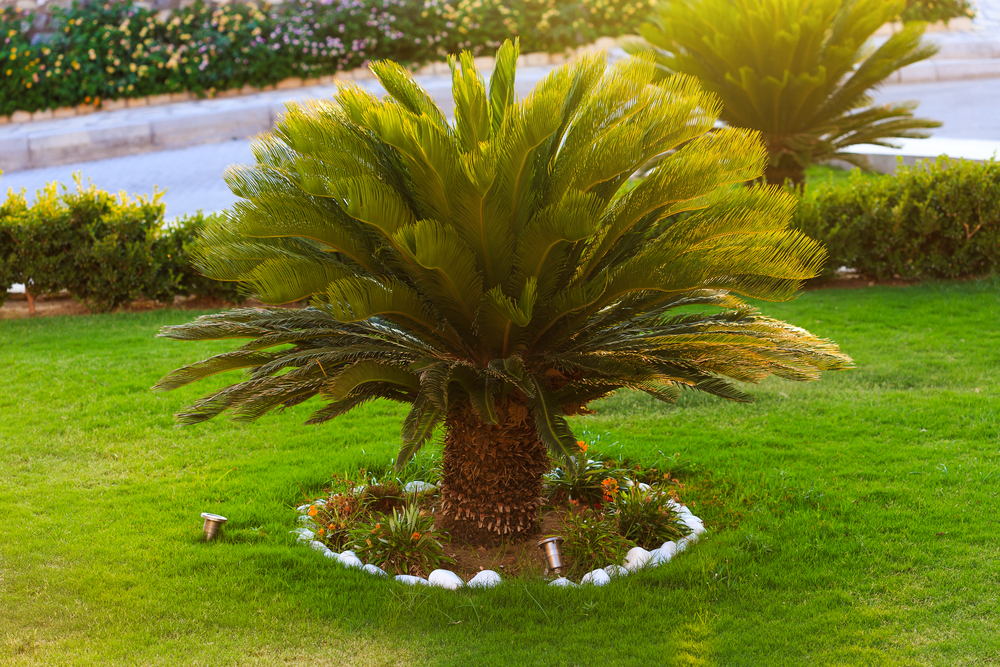
- Scientific Name: Cycas revoluta
- Additional Names: Coontie Palm, Cardboard Palm, cycads and zamias
The Sago Palm is a popular indoor plant known for its attractive appearance. However, it’s important to be aware that this plant contains cycasin, a toxic element that can be harmful to pets. If ingested, the Sago Palm can induce symptoms such as vomiting, melena, icterus, increased thirst, hemorrhagic gastroenteritis, bruising, coagulopathy, liver damage, liver failure, and even death in pets. It’s crucial to ensure that your furry companions do not have access to these plants and opt for pet-friendly alternatives for your indoor greenery.
9. Cocoa Bean Mulch

Mulch is an essential part of gardening, but it’s essential to be cautious when using certain types of mulch, such as cocoa bean mulch. Cocoa bean mulch contains theobromine and caffeine, which are toxic to dogs when ingested. These chemicals can cause symptoms such as vomiting, diarrhea, increased heart rate, tremors, and, in severe cases, even death. It’s crucial to choose pet-safe mulch alternatives to ensure the well-being of your furry friends.
10. Kalanchoe
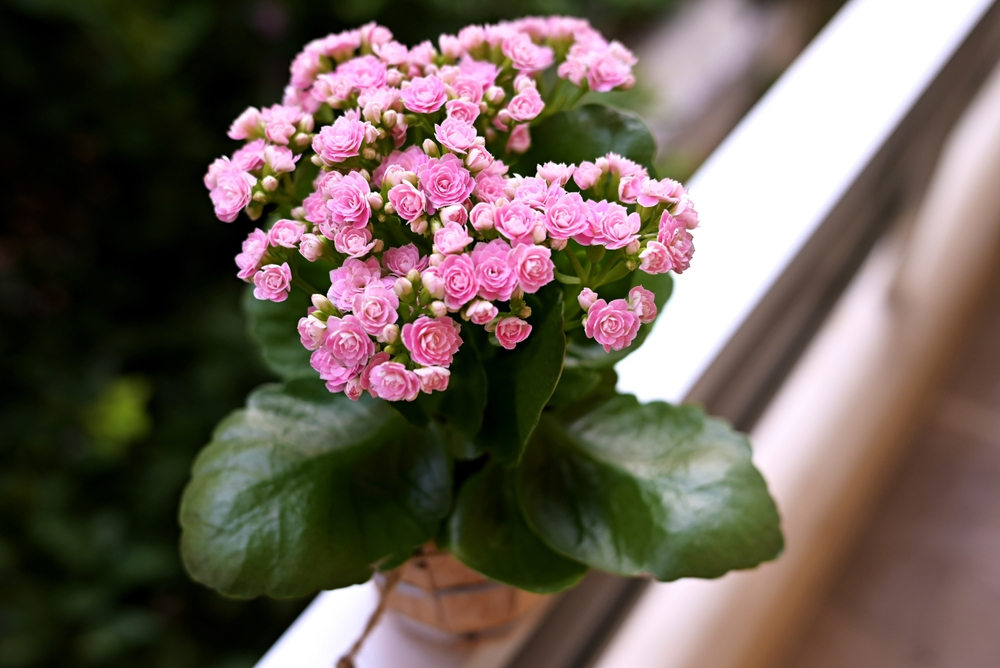
- Scientific Name: Kalanchoe spp.
- Additional Names: Mother-In-Law-Plant, Devils Backbone, Chandelier Plant, Mother of Millions
Kalanchoe is a colorful plant belonging to the Crassulaceae family. While its vibrant flowers may be visually appealing, it’s important to note that this plant can be harmful to pets if ingested. Symptoms of Kalanchoe poisoning in pets may include vomiting, diarrhea, and occasionally an abnormal heart rhythm. It’s crucial to keep these plants out of your pet’s reach and consider safer alternatives for your garden or home.
For a Pet-Safe Garden, Trust EcoLawn Utah!
Visit EcoLawn Utah for expert guidance on creating a garden that harmoniously blends beauty and safety for your pets. Our team is dedicated to providing eco-friendly solutions to ensure your garden remains a delightful haven for both you and your furry companions.
Prioritize pet safety in your gardening endeavors, and let’s welcome spring with joy and peace of mind!
